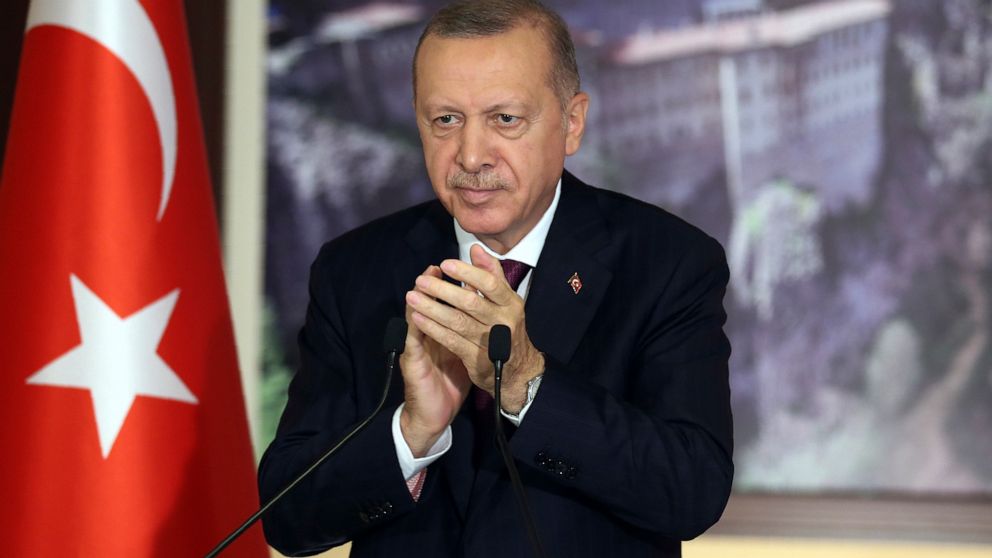The big central networks are actually easy targets to pass laws on and to censor (block, slow down, etc) and obviously the networks like that model as its great for advertising reach. Even spy agencies love centralised models as they are easier to tap into to cover all users.
Decentralised or federated networks are a different kettle of fish. They have numerous nodes across various countries that all interconnect *even through different networks), where any user can join at any node or move to a different one, and where traffic moves between the different nodes and not through a central monitoring point. They actually work very well for users and users can even cluster themselves by interests. They also scale well as new nodes just get created and handle more traffic. Families or friends can create their own node if they want to ensure greater privacy or safety. Examples in action are Mastodon, Diaspora, GNU Social, Friendica, Hubzilla, Peertube, and many more which speak to each other; and Aether, Scuttlebutt, etc which are peer-to-peer only within their own networks (and span the world). Nice thing with these networks is you only see who you follow, no adverts, and algorithms are based on chronological timer.
So I’m wondering what the future will hold – I’m certainly watching these decentralised networks very closely.
See Turkey: Social media law’s passage raises censorship worries
#technology #socialmedia #turkey #censorship
Turkey’s parliament has approved a law that gives authorities greater power to regulate social media despite concerns of growing censorship in a country where critical voices are already muted

